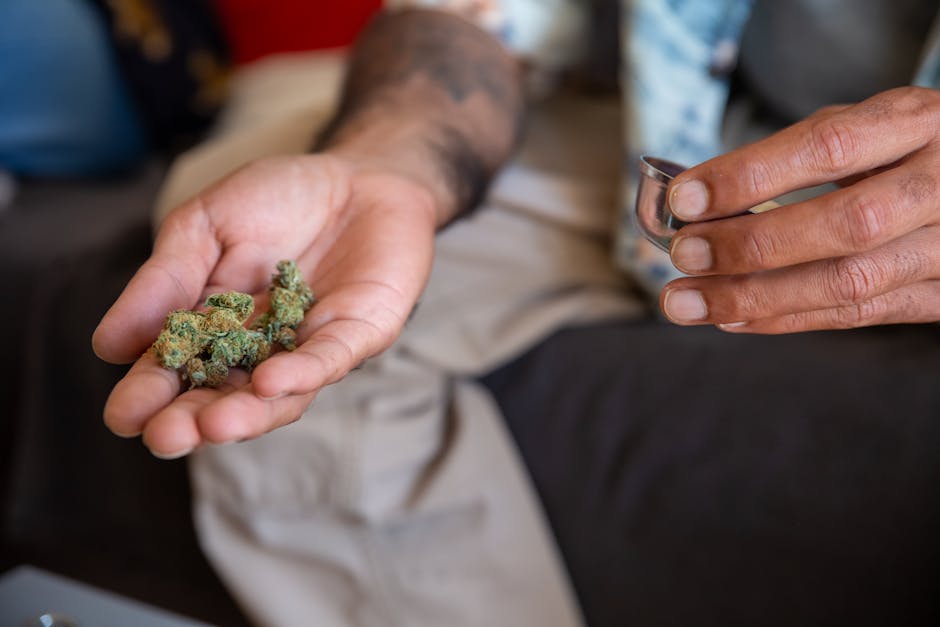Dominican Cocaine: Prague’s Curious Choice
Prague, the capital city of the Czech Republic, is known for its stunning architecture, rich history, and vibrant cultural scene. However, in recent years, the city has been facing a unique problem ⎯ the prevalence of Dominican cocaine. In this article, we will explore the reasons behind this phenomenon and its implications for the city.
What is Dominican Cocaine?
Dominican cocaine refers to a type of cocaine that originates from the Dominican Republic. It is known for its high purity and is often considered to be of better quality than other types of cocaine; The Dominican Republic has become a significant player in the global cocaine trade, with many traffickers using the country as a transit point for cocaine shipments from South America to Europe.
Why is Dominican Cocaine Popular in Prague?
There are several reasons why Dominican cocaine has become popular in Prague. One reason is the city’s proximity to Western Europe, which makes it an attractive market for traffickers. Additionally, the Czech Republic’s relatively lax laws and corrupt border controls have made it easier for traffickers to smuggle cocaine into the country. Furthermore, the city’s vibrant nightlife and party scene have created a demand for high-quality cocaine, which Dominican cocaine is able to fulfill.
Implications of Dominican Cocaine in Prague
The prevalence of Dominican cocaine in Prague has several implications for the city. One of the main concerns is the impact on public health, as cocaine use can lead to serious health problems, including addiction and overdose. Additionally, the trade in Dominican cocaine has also led to an increase in organized crime and violence in the city. Moreover, the city’s reputation as a hub for cocaine trafficking has also had a negative impact on tourism and business, as some visitors and investors may be deterred by the city’s reputation.
Efforts to Combat the Issue
The Czech government has been working to combat the issue of Dominican cocaine in Prague. In recent years, the government has increased funding for anti-drug efforts and has implemented new laws to crack down on traffickers. For example, the government has established a special task force to focus on combating organized crime and drug trafficking. Additionally, the government has also increased cooperation with international partners, such as the Dominican Republic and other European countries, to share intelligence and best practices in combating the drug trade.
Community-Based Initiatives
Community-based initiatives have also been playing a crucial role in addressing the issue of Dominican cocaine in Prague. Many non-governmental organizations (NGOs) and community groups are working to provide support and services to individuals affected by drug use. These initiatives include counseling, harm reduction programs, and education and awareness campaigns. For example, some NGOs are providing needle exchange programs and other harm reduction services to help reduce the risk of overdose and the transmission of blood-borne diseases.
International Cooperation
International cooperation is also essential in addressing the issue of Dominican cocaine in Prague. The Czech government has been working closely with other European countries, as well as with the Dominican Republic, to share intelligence and coordinate efforts to combat the drug trade. For example, the Czech government has signed agreements with other European countries to cooperate on issues related to drug trafficking and organized crime. Additionally, the government has also been working with international organizations, such as the United Nations Office on Drugs and Crime (UNODC), to receive technical assistance and support in addressing the issue.
Challenges Ahead
Despite the efforts being made to combat the issue of Dominican cocaine in Prague, there are still many challenges ahead. One of the main challenges is the entrenched nature of the drug trade in the city, which makes it difficult to disrupt the supply chain. Additionally, the issue of corruption and organized crime is also a significant challenge, as it can undermine efforts to combat the drug trade. Furthermore, the lack of resources and funding for anti-drug efforts is also a challenge, as it can limit the effectiveness of initiatives to address the issue.
A Way Forward
To address the issue of Dominican cocaine in Prague, it is essential to take a comprehensive and multi-faceted approach. This includes increasing funding for anti-drug efforts, improving international cooperation, and supporting community-based initiatives. Additionally, it is also important to address the root causes of the issue, such as poverty and corruption, and to work towards creating a safer and healthier city for all. By working together and taking a coordinated approach, it is possible to reduce the impact of Dominican cocaine on Prague and create a better future for the city and its residents.






I appreciated the author\
I think this article highlights an important issue that needs to be addressed by the Czech government and law enforcement agencies. The impact of Dominican cocaine on public health and safety is alarming, and something needs to be done to combat it.
This article has made me think twice about visiting Prague in the future. While I understand that every city has its problems, I was not aware of the extent of the issue with Dominican cocaine in Prague.
I commend the author for shedding light on this important issue. The article is well-researched and provides valuable insights into the complexities of the global cocaine trade and its impact on local communities.
As someone who has visited Prague several times, I was shocked to learn about the prevalence of Dominican cocaine in the city. This article has given me a new perspective on the city and its struggles with organized crime.
I found this article to be very informative and eye-opening. The issue of Dominican cocaine in Prague is a complex one, and I appreciate the author\